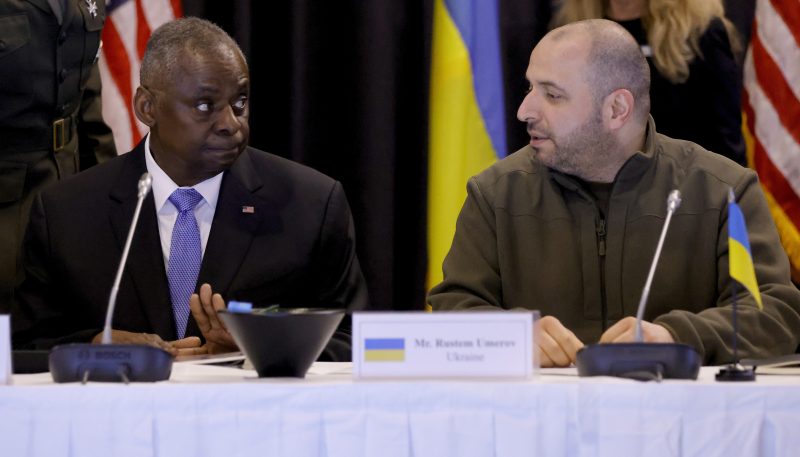The ongoing deadlock concerning U.S. aid and its implications for securing support for Ukraine has created a complex and precarious situation on the global stage. This impasse not only jeopardizes the immediate needs of Ukraine but also has far-reaching implications for international relations and global security.
At the heart of the deadlock is a contentious debate within the U.S. Congress over the allocation of aid to Ukraine. While lawmakers across party lines acknowledge the importance of supporting Ukraine in its struggle against Russian aggression, they differ significantly on the amount and conditions of aid to be provided. This disagreement has led to a stalemate, with no consensus reached on a comprehensive aid package for Ukraine.
The delay in securing U.S. aid for Ukraine has significant repercussions for the country’s ability to defend itself against ongoing Russian incursions. Ukraine is in urgent need of military assistance, including weapons, training, and logistical support, to bolster its defenses and deter further aggression from Russia. Without timely and adequate aid from the U.S., Ukraine’s ability to withstand Russian pressure becomes increasingly tenuous.
Furthermore, the deadlock over U.S. aid to Ukraine has broader implications for international security and stability. The conflict between Ukraine and Russia is not just a regional dispute but a critical flashpoint with the potential to escalate into a wider conflict. By failing to provide robust support to Ukraine, the U.S. risks emboldening Russian aggression and sending a signal of weakness to other hostile actors on the global stage.
In addition to the immediate military needs of Ukraine, the deadlock over aid also raises questions about the U.S.’s commitment to its allies and partners around the world. As a cornerstone of Western security architecture, the U.S. has a vested interest in upholding its alliances and supporting countries that share its commitment to democracy and freedom. By dithering on aid to Ukraine, the U.S. risks eroding the trust and confidence of its allies and undermining the credibility of its security guarantees.
To break the deadlock and secure support for Ukraine, U.S. policymakers must prioritize the long-term strategic interests of the United States and its allies over short-term political considerations. They must set aside partisan differences and work together to craft a comprehensive aid package that meets Ukraine’s immediate security needs and sends a clear signal of resolve to Russia. Only through concerted and decisive action can the U.S. help Ukraine fend off aggression, uphold international norms, and safeguard global security.
